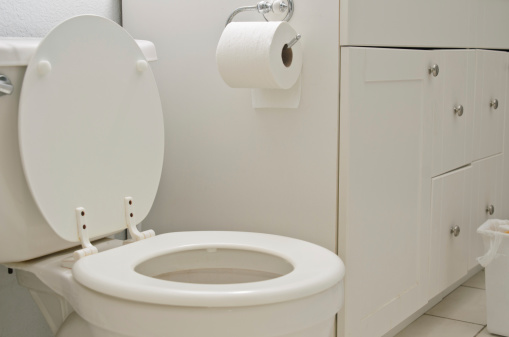Every week I see people whose sleep is disturbed because of frequent urination (nocturia). In the case of men, they are frequently put on medications for prostate enlargement that frequently do not work. In the case of women, they are usually placed on medications that inhibit bladder contraction, that also cause dry mouth, constipation, and even lethargy. The reason that these therapies often fail to work is that there may be another cause for their nocturia.
The following are ten common reasons for nocturia:
1. Sleep Apnea: 50% of people with sleep apnea experience frequent nighttime urination. This is because when we make vigorous efforts breathe against a closed airway, the heart muscle is stretched. It then puts out a hormone, atrial natriuretic peptide, which increases urine production.
2. Congestive Heart Failure: During the day, fluid accumulates in the legs due to gravity and the heart’s inability to pump normally. When we lie down at night, this fluid, without the influence of gravity, reenters the blood stream and causes an increase in urine production.
3. Diabetes: Elevated levels of glucose in the kidneys at night draw more fluid into the urine. This can result in increased urine formation and disturbing nighttime urination.
4. Increased Age: Increased age has been associated with decreased bladder capacity, as well as a tendency of bladder muscles to become overactive.
5. Alcohol and Caffeine: Late night ingestion of either of these can cause nocturia that ruins sleep. They both can induce a diuresis resulting in frequent awakening.
6. Medications: Late night use of diuretic medications such as hydrochlorothiazide or furosemide (Lasix). I always find it interesting when I realize that people are unaware that the blood pressure medication they have been taking at night contains a diuretic. The simple solution is to take the medication in the morning.
7. Neurologic Disorders: Neurodegenerative disorders such as Parkinson’s and autoimmune disorders such as Multiple Sclerosis are both accompanied by dysfunction of the autonomic nervous system (involuntary nervous system). This can result in severe bladder dysfunction and frequent nighttime urination.
8. Chronic or Recurrent Urinary Tract Infections: Nocturia can result from chronic or recurrent infection. Associated symptoms could include burning, fever, abdominal or flank pain.
9. Excessive Fluid Intakes: Some folks will consume more than 30% of their fluids after dinner. Restricting the amount of fluids close to bedtime and encouraging earlier consumption may alleviate the problem.
10. Obesity: We are not sure why, but in several studies, obesity, especially abdominal obesity, has been associated with an increased incidence of nighttime urination. This could be in part due to unrecognized sleep apnea but that has not yet been proven.
The bottom line is that you need to be aware of how many things which could be easily reversed or treated that might be causing those trips to the bathroom and destroying your sleep.


